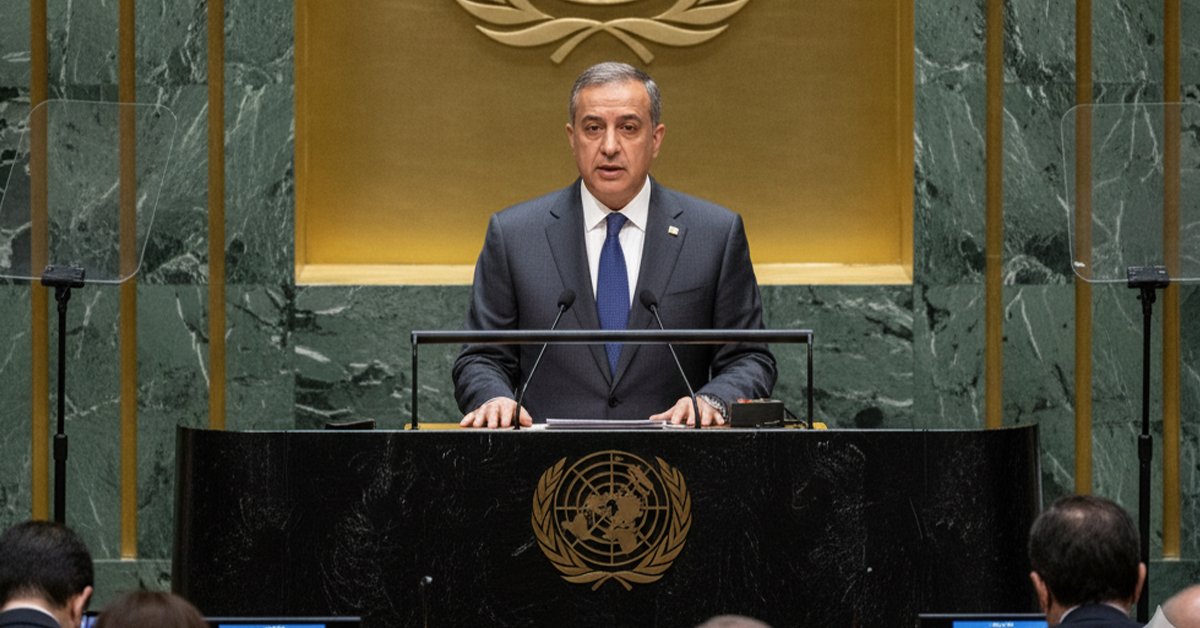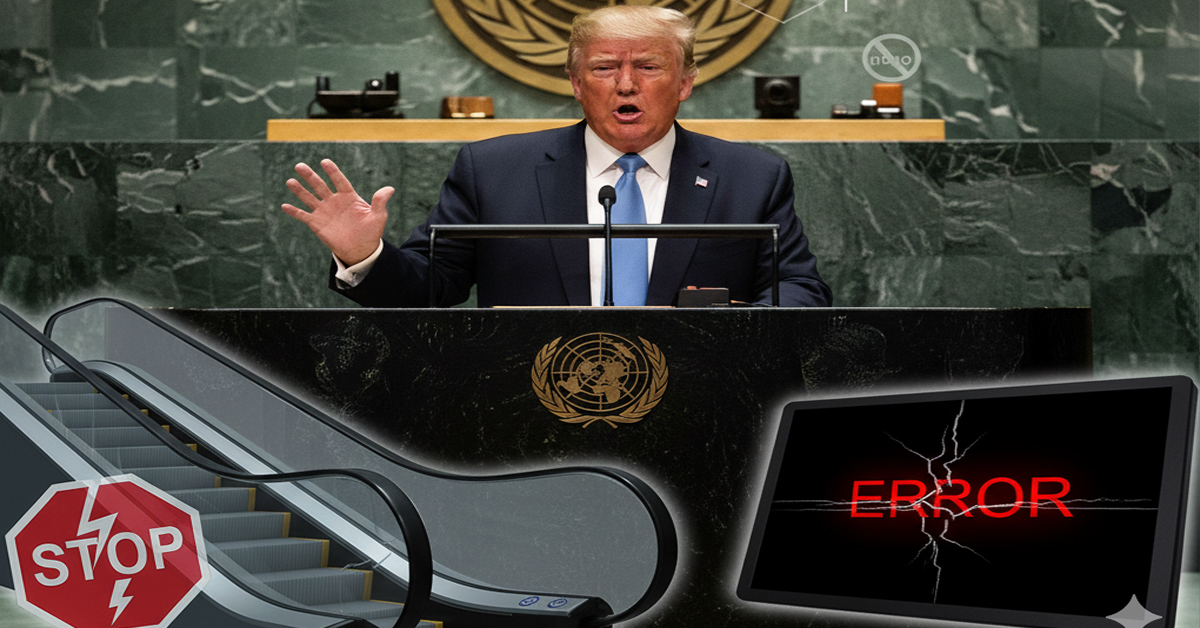The recent statement by Israeli Prime Minister Benjamin Netanyahu that a Palestinian state “will never exist” has sent a powerful ripple through the global diplomatic community. Delivered as a direct response to a coordinated move by the United Kingdom, Canada, Australia, and Portugal to recognize a sovereign Palestinian state, the declaration underscored the widening chasm between Israel’s current leadership and the international consensus on the path to peace. This bold proclamation, coming from a leader known for his right-wing nationalist views, not only dismisses decades of international policy but also sets the stage for a new and unpredictable chapter in the Israeli-Palestinian conflict.
For decades, the two-state solution has been the cornerstone of international peace efforts in the Middle East. It is a framework that envisions an independent, sovereign Palestinian state existing peacefully alongside the State of Israel. This vision has been championed by the United Nations, the United States under multiple administrations, and a vast majority of the global community. It is seen by many as the only viable path to provide both peoples with self-determination and security. However, Netanyahu has long been a vocal opponent of this concept, viewing it as a dangerous and existential threat to Israel.
His latest statement, which he reinforced by saying a Palestinian state would not emerge “west of the Jordan River,” is not merely a political talking point. It is a definitive rejection of a diplomatic model that has guided negotiations for generations. His argument, as expressed in his statement, is that recognizing a Palestinian state at this time—especially in the aftermath of the October 7, 2023, attacks—would be a “massive reward for terrorism.” This perspective frames any such diplomatic move as a legitimization of the actions of Palestinian militant groups like Hamas, rather than an act of peace.
The recent announcements by the UK, Canada, Australia, and Portugal mark a significant shift in diplomatic strategy. For these countries, recognizing a Palestinian state is a way to signal their commitment to the two-state solution, even in the absence of a formal peace agreement with Israel. It is a move intended to preserve the possibility of a future Palestinian state, which many fear is slipping away due to the expansion of Israeli settlements in the West Bank and the ongoing conflict in Gaza.
The distinction between recognizing a Palestinian state and endorsing terrorism is a critical one that these nations have been quick to make. British Prime Minister Sir Keir Starmer, for instance, explicitly stated that the UK’s recognition of a Palestinian state “in no way recognizes the Palestinian militant group Hamas.” He reiterated that Hamas remains classified as a terrorist organization and would have no role in the future of a Palestinian state. This nuance is central to the diplomatic push: to isolate Hamas while bolstering the legitimate aspirations of the Palestinian people. France, another major European power, had already adopted a similar stance months prior, announcing its support for a Palestinian state while maintaining an unconditional opposition to Hamas.
This diplomatic friction underscores the deep divisions within the international community. While over 140 of the UN’s member states already recognize Palestine, the recent announcements by key Western allies carry significant weight. They signal a growing impatience with the stalemate and a willingness to take unilateral action to advance the cause of a two-state solution. This puts the United States, a staunch Israeli ally, in a difficult position. Prime Minister Netanyahu’s planned visit to the U.N. General Assembly and his meeting with President Donald Trump could be a platform for further debate on this issue, as both leaders share a skepticism towards the two-state solution.
For his part, Israeli President Isaac Herzog also criticized the decision by the UK and other nations, echoing Netanyahu’s sentiment that such a move would not “help anyone.” He stated on social media that it was a “sad day for those who truly desire peace.” The contrasting views within Israel’s own government highlight the complex political landscape, but the public message from the highest office is clear: a Palestinian state is off the table.
The ramifications of Netanyahu’s statement are far-reaching. It undermines the very foundation of existing peace frameworks and challenges the international community to reconsider its approach. The statement could embolden those within Israel who advocate for a complete annexation of the West Bank, while simultaneously alienating moderate voices within the Palestinian community who seek a peaceful resolution. As the conflict in Gaza continues and tensions remain high in the West Bank, this diplomatic escalation adds another layer of complexity to an already volatile situation. It reaffirms a stark reality: the path to peace is now more uncertain than ever, with key players openly rejecting the very premise upon which it has long been built.








